Maintaining Your BMW
- Check your oil regularly. BMWs require synthetic oil, so make sure you use the correct oil type. It's also important to check your oil level often and top it off as needed.
- Get regular tune-ups. Like any other car, BMWs need regular tune-ups to keep running well. Be sure to take your BMW in for a tune-up every 30,000 miles o
- Stay on top of repairs. If you notice something isn't working correctly with your BMW, don't wait to get it repaired. The sooner you take care of the problem, the less likely it is to turn into a more significant issue later.
- Wax and wash regularly. Keeping your BMW clean both inside and out will help it look its best and protect its paint job from premature wear and tear.
- Store your BMW properly during the winter months. If you live in an area that gets cold and snowy in the winter, it's essential to take steps to protect your BMW from the elements when you're not using it. Store it in a garage if possible, and if you can't do that, invest in a good car cover to keep it clean and dry when it's not in use.
By following these simple tips, you can ensure that your beloved BMW will stay in great shape for many years. Regular maintenance is key to keeping any car running well, so don't neglect your ride! Find a local independent BMW repair shop.

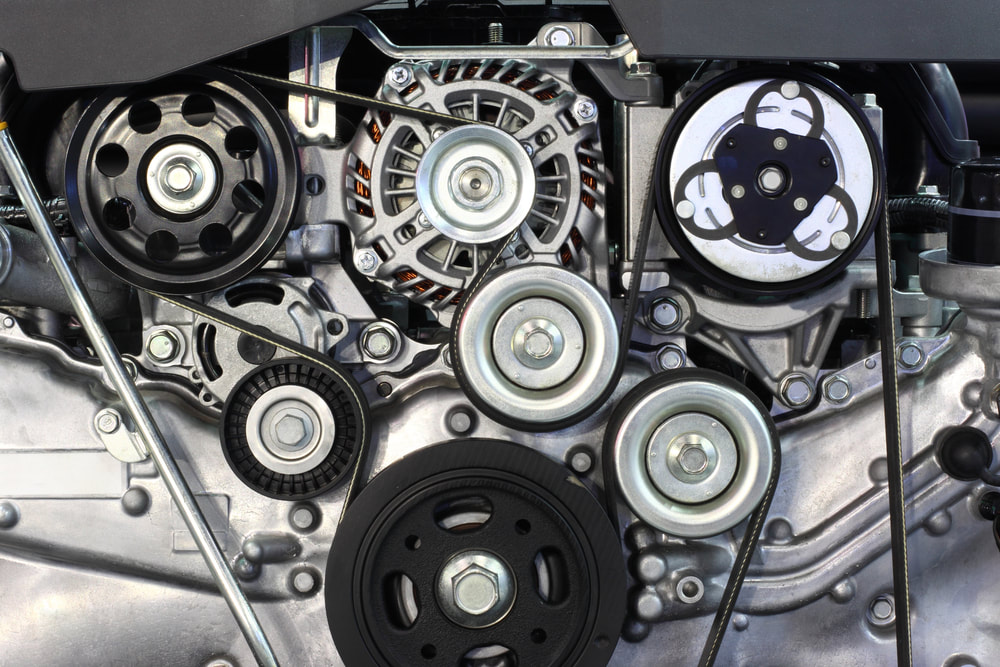
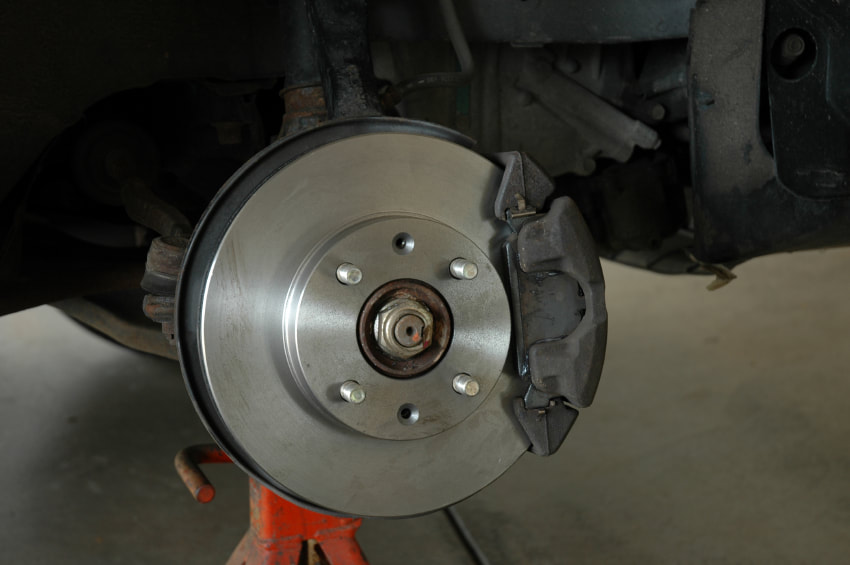
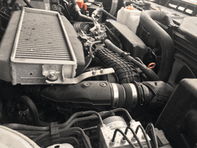
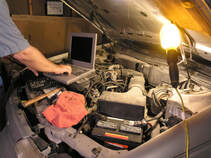
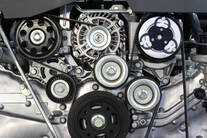
 RSS Feed
RSS Feed